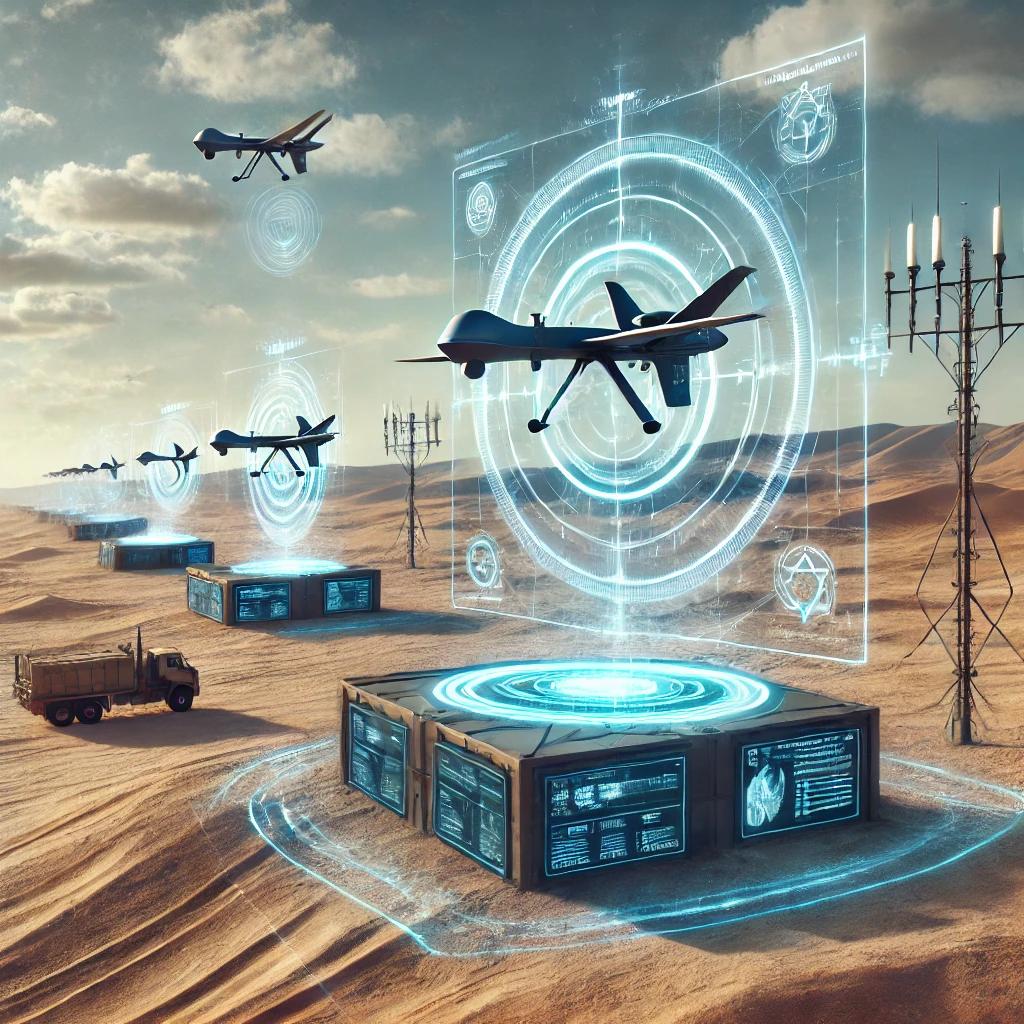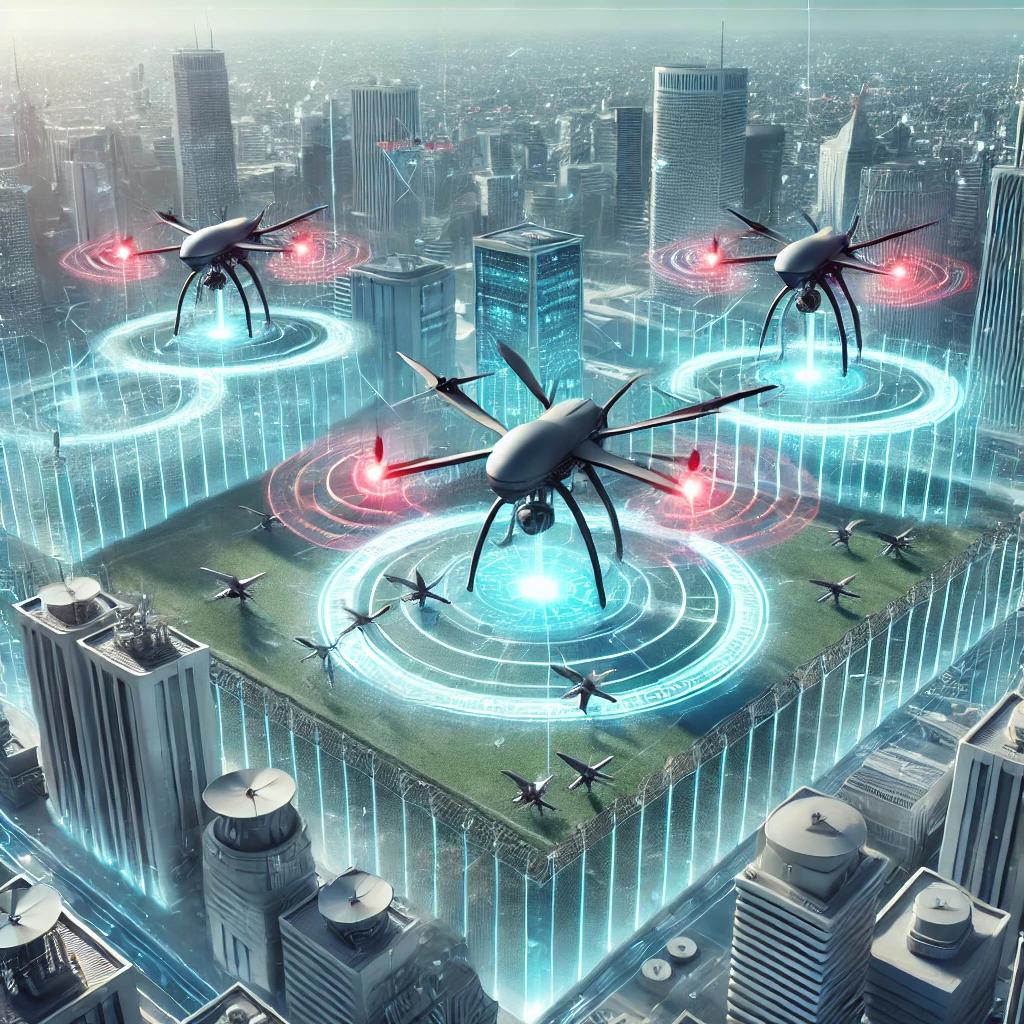Unidentified aerial object sightings have significantly increased along the U.S. East Coast, raising growing concerns about airspace security. These incidents, which often involve potential drone activity, highlight pressing gaps in surveillance and counter-drone measures. Fortunately, Israeli counter-drone technology offers promising solutions to address these challenges effectively.
The Growing Threat of Unidentified Drones
To begin with, drones are increasingly used for a variety of purposes, including commercial, recreational, and potentially malicious activities. However, unauthorized drones pose serious risks to sensitive locations, such as airports, government buildings, and military sites. Over the past few years, the U.S. has witnessed a spike in drone-related security incidents, particularly mysterious sightings in New Jersey and other states.
In addition, some of these drones may be used for surveillance or other unauthorized purposes (New York Post). As a result, these occurrences have prompted urgent discussions about enhancing counter-drone capabilities nationwide.
Israel’s Expertise in Counter-Drone Technology
Meanwhile, Israel has emerged as a global leader in drone technology and counter-drone solutions. Due to decades of defending its airspace against evolving threats, the country has developed highly innovative systems. Specifically, these technologies range from drone detection to neutralization tools, such as jamming systems and kinetic interceptors.
For instance, companies like Rafael Advanced Defense Systems and Elbit Systems have pioneered cutting-edge platforms that address drone-related challenges. These solutions, in turn, have been rigorously field-tested in high-stakes environments, ensuring their reliability. Consequently, they are well-suited for tackling the U.S.’s growing concerns.

How Israeli Technology Can Enhance U.S. Airspace Security
With this in mind, Israeli counter-drone systems can address critical gaps in U.S. airspace monitoring. For example, these systems provide comprehensive capabilities, including:
- Detection and Identification: Advanced sensors and AI algorithms quickly detect and identify drone activity. Thus, they enable swift responses to potential threats.
- Neutralization Options: Tools like signal jammers disable drones without causing collateral damage. Moreover, kinetic systems offer targeted destruction for higher-risk situations.
- Adaptability: Israeli technologies are designed to integrate seamlessly with existing U.S. defense systems. Consequently, this reduces the need for extensive upgrades.
By deploying these solutions, the U.S. can significantly improve its ability to protect airspace from unauthorized drones. Furthermore, Israeli systems have already demonstrated effectiveness in real-world scenarios, making them a trustworthy option (NY Post).
Collaborative Benefits for Both Nations
At the same time, strengthening U.S.-Israel partnerships in counter-drone technology offers mutual benefits. For the U.S., such collaboration provides access to field-tested solutions and reduces development time. Meanwhile, for Israel, it opens opportunities to refine its technologies through feedback from U.S. operations.
In addition, this collaboration could lead to joint ventures in drone innovation. Together, both nations could set a global standard for addressing the challenges posed by drone proliferation.
The Path Forward
In conclusion, with the rise of drone-related security threats, the U.S. must act decisively. Israeli counter-drone technology provides a proven, adaptable solution to protect American airspace. Thus, policymakers should prioritize integrating these systems into current defense frameworks.
Ultimately, by leveraging Israel’s expertise, the U.S. can ensure safer skies while fostering a strong international partnership. Addressing drone threats today is essential to securing a safer tomorrow for all.


